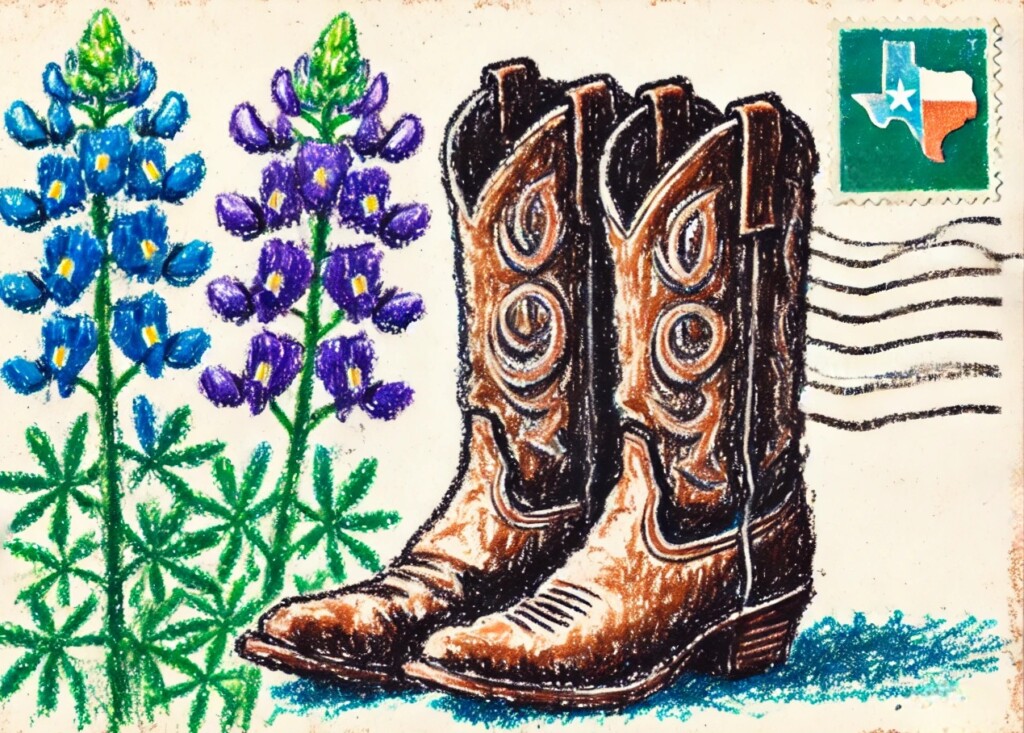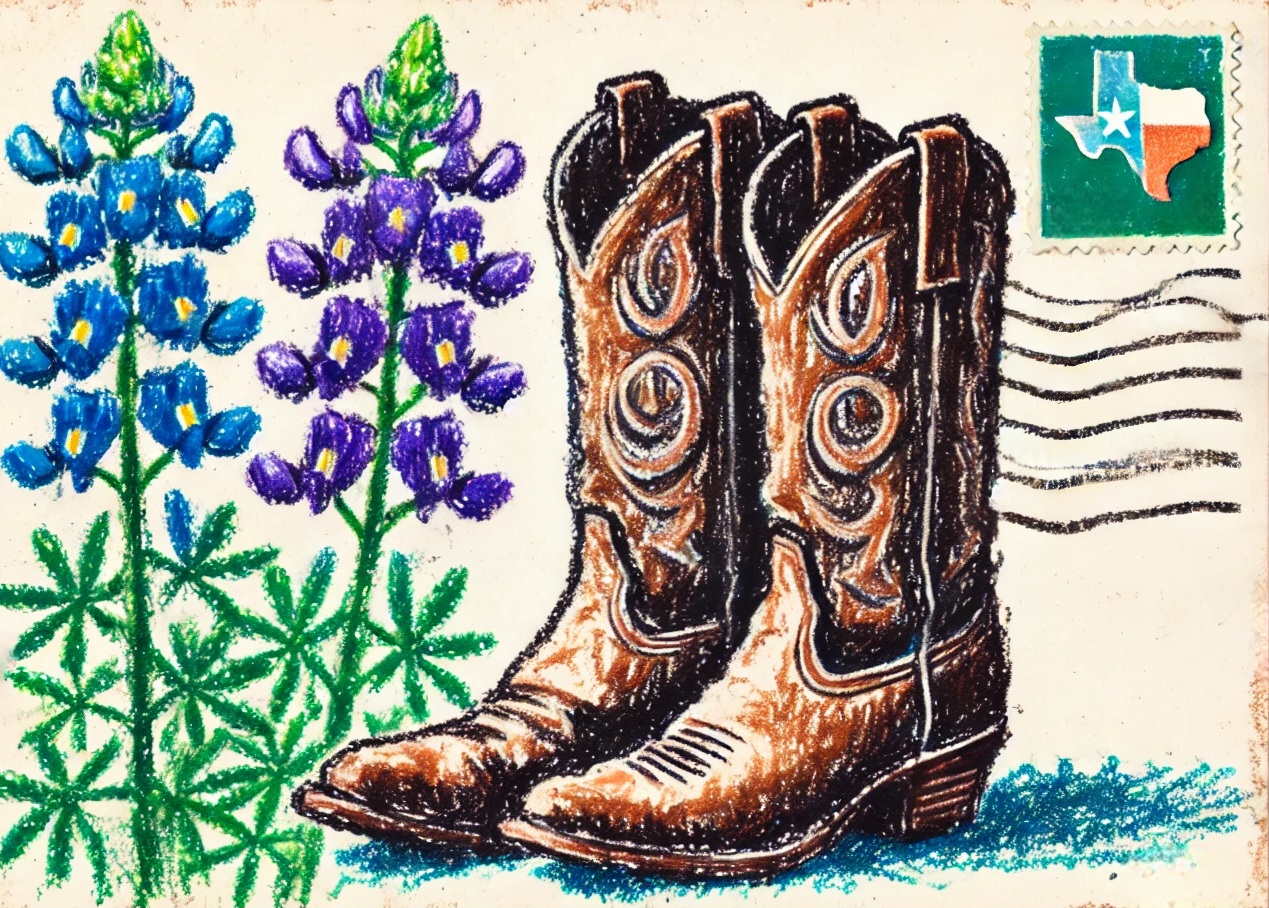It is hard to create after you release what’s roundly considered your best work. “Revolution” is frequently regarded as Miranda Lambert’s best record, earning three platinum and one gold certification. Despite such a categorization, Lambert has continued to release records, regardless of the amount of awards that have followed her along the way.
The recent resurgence of country music and Southwestern aesthetics is difficult to ignore. Indeed, it has never been easier to find someone wearing cowboy boots, cowboy hats, large buckled belts, and denim jackets. This resurgence can also be seen in film and television, like with the release of “Twisters.” Large artists are moving towards country, like Beyonce with her 2024 release of “Cowboy Carter,” Post Malone’s “F-1 Trillion (Long Bed),” and of course, Taylor Swift re-releasing her country albums. Not only are big artists embracing the country genre, but alternative artists who don’t frequent the radio can be heard dipping their toes into the country sound as well, like Wednesday on their 2023 release “Rat Saw God,” produced by alt-country artist MJ Lenderman.
Alongside this resurgence of country, artists that have been holding down the genre for years maintain releasing albums, like Miranda Lambert with “Postcards From Texas.” Listening to her 2024 release the sweet taste of guitars and the warm scent of home immediately washed over me. Country music is typically made up of soft acoustic instrumentation, like calming guitar, banjos, and airy harmonica. Lambert fully incorporates these characteristics in every single song, stripping down to the basics — similar to her work on the “Marfa Tapes” — and building up from there.
Lambert’s work is mainly considered Tennessee country since her music is frequently played and curated for the radio. This is seen with one of her most famous songs, “Mama’s Broken Heart,” which departs from her typical softer sound through the use of electric guitars, bass, and clashy drums. “Postcards From Texas” maintains this similar pattern, adding a poppier sound to her work. Even so, the first track, “Armadillo” doesn’t match this pattern, instead fully embracing the traditional country genre. It incorporates a longer, slower sound, with random upticks in pace — qualities found frequently in Americana music.
“Armadillo” has a bouncy sound, taking the listener on a journey through the country and painting a storybook scene of an armadillo with a grayscale past, with a beer in one hand and a gun in the other. Storybook-like lyrics are typical of classic country music, with rich tales thoroughly portrayed within four minutes. The song feels like walking through a switchgrass field on a sweltering day, while the hot air visibly bounces off a late sunset in the distance. “Armadillo” isn’t the only storybook song, as Lambert also made an extended version of “Wranglers,” which has a similar angry energy that “Mama’s Broken Heart” is cherished for, discussing a woman who can’t be broken down.
Lambert doesn’t let down contemporary country fans either, as “Postcards for Texas” contains a few radio-targeted emotional ballads. They are songs about love and loss that put feelings of gray days and bruised purple nights to words. These are generally shrouded in electric guitars used like they’re acoustic, keeping a sense of softness in the song, and maintaining its country home grounds. She never strays too far from this path; even when aiming for these crowd-wooing songs, she always returns to the album’s base. “January Heart,” and “I Hate Love Songs” both embody these pop-based ballads, casting scenes of distant country grounds late at night, and reflecting on the times past.
Yet, Lambert’s sound has matured over the years. She started in the industry at 17, and now, at 40, you can hear how time has passed and shifted her tastes. Revisiting her most well-known album and comparing it to “Postcards from Texas,” there is a fullness to her voice that, although present before, has now been fine-tuned. One can hear Lambert’s recurring pop-rock inspiration in “Revolution,” but it’s an inspiration that she has tempered out with this new rhythmically shifting, mandolin-strumming, harmonica-blowing, mountain-living sound.
“Postcards From Texas” was released at the right time, during this major attention shift to country and Americana. Miranda Lambert balances the radio-seeking songs with her more classic-sounding songs that incorporate Americana characteristics. If you are seeking an album to join the country wave, “Postcards From Texas” is a great way to start. She reminisces on old country releases and Americana classics, using classic tactics found in both, like a gentle character and storybook telling. This album shows Lambert’s artistic growth and her horizons expanding for her music despite being in the industry the majority of her life. Lambert proves that just because someone has made their “best” work doesn’t mean they have hit their ceiling.



